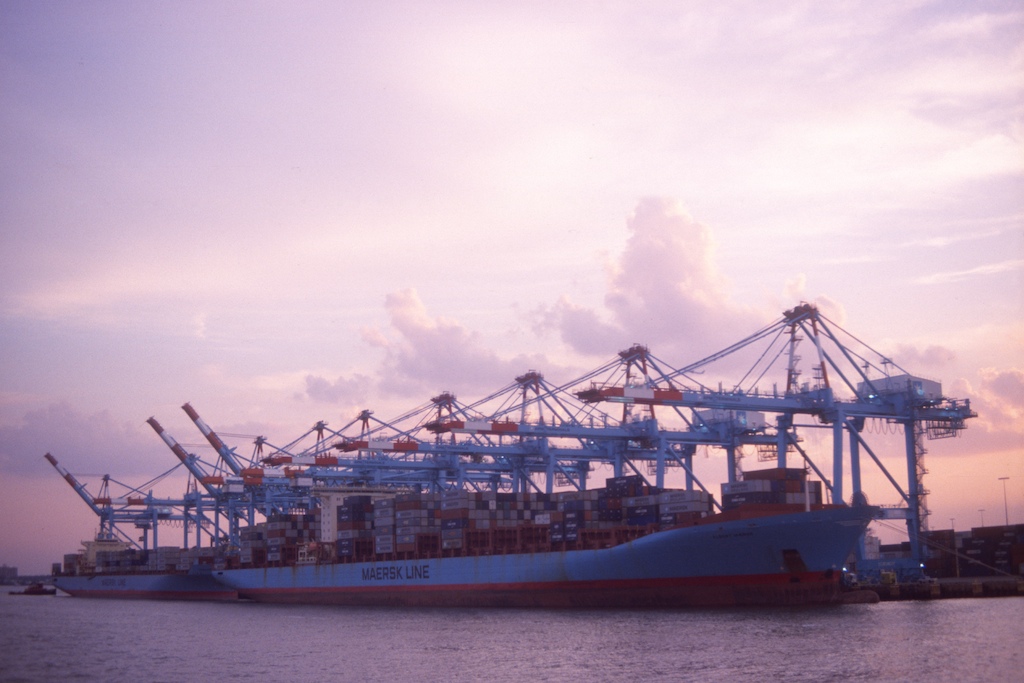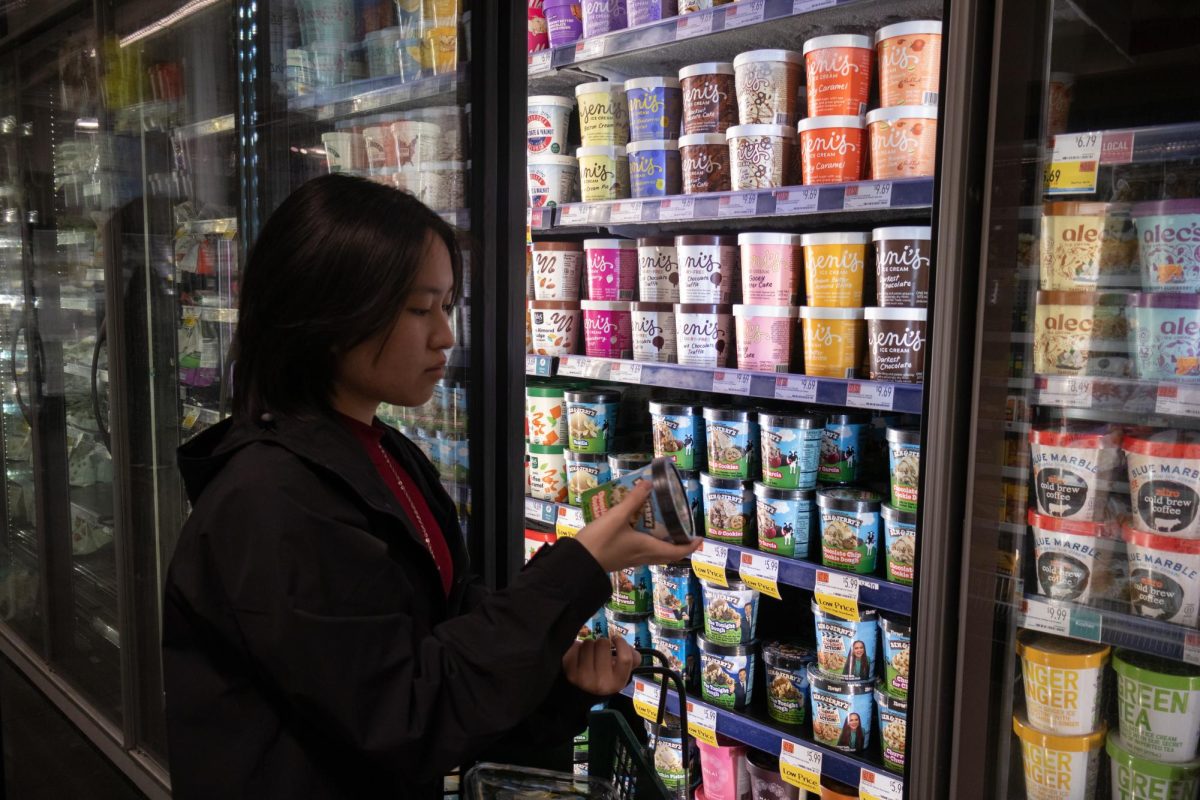The tensions of a trade war between the United States and China escalates as China imposes counter tariffs on U.S. goods and starts an investigation into Google LLC over suspicion of antitrust violations.
The Chinese tax authorities said that its government will impose a 15% tariff on liquefied natural gas and coal from the U.S., along with a 10% tariff on crude oil, agricultural machinery, and large-engine automobiles, which took effect on Feb. 10.
Before tensions with China were heightened, Trump agreed to a 30-day pause on the tariffs on Mexico and Canada, as the countries’ leaders promised to resolve concerns of border security and drug trafficking. Canadian Prime Minister Justin Trudeau said on X that both countries will establish a “Canada-U.S. Joint Strike Force to combat organized crime, fentanyl, and money laundering.”
The trade tensions began when Trump signed an executive order imposing tariffs on the United States’ three largest trading partners: with an additional 25% tariff on goods from Canada and Mexico, as well as an additional 10% tariff on all products from China. However, Canada’s tariff on energy sources will be lowered to 10% instead.
Trump planned to further discuss with Chinese President Xi Jinping at an appropriate time but said he would proceed without urgency. White House Press Secretary Karoline Leavitt said during a press briefing that, “It is being scheduled and will happen very soon.”
The tariffs on China could affect more than $450 billion worth of Chinese products, raising prices for American consumers. The U.S. tariffs cover a wide range of Chinese products, with the largest imports in 2023 being cellphones, computers, and electrical equipment.
In contrast, researchers at Capital Economics estimated that China’s tariffs will impact approximately $20 billion worth of U.S. exports, representing 12% of all the products that the U.S. exports to China annually.
After the U.S. tariffs were implemented, China accused the U.S. of “unfounded and false allegations” surrounding China’s involvement with trading fentanyl in order to justify Trump’s tariffs. China filed a complaint with the World Trade Organization, claiming that the U.S. tariffs were “discriminatory” and “protectionist,” and that they breached trade rules.
“The U.S.’s unilateral tariff increase seriously violates the rules of the World Trade Organization,” China’s State Council Tariff Commission said in a statement. “It is not only unhelpful in solving its own problems, but also damages normal economic and trade cooperation between China and the U.S.”
The WTO gave a 60-day period for China and the U.S. to settle their dispute. If they can’t find an agreement, the case will be intervened by a panel of three judges by the organization in Geneva.
China’s State Administration for Market Regulation also announced an antitrust investigation into Google. Despite Google’s services being blocked in China since 2010, the company maintains a significant role in the country by building offices in major cities focused on advertising, engineering, and cloud services.
Although China has not disclosed the reasoning behind the investigation, some experts predict that it might target Google’s Android operating system and its market practices. Smartphone companies, except for Apple and Huawei, are required to pay Google licensing fees to operate Android systems on their devices.
Some experts also believe that the investigation on Google, the fifth largest U.S. company by market cap, will serve as a bargaining tool in the ongoing trade war between the U.S. and China.
While Trump is expected to negotiate trade disputes with neighboring countries, the trade war with China has just begun. Economists and policymakers fret on its long-term impact on the global markets, leaving uncertainty.








